Why Choosing the Right Lock Matters
Buying a new lock for your home or business can seem straightforward, but the reality is that the quality and design of a lock can make a big difference to your security and peace of mind. A poor-quality lock might look strong at first glance, but hidden weaknesses can make it an easy target for anyone determined to force entry.
Locks are often your first line of defence against break-ins. Understanding what makes one good — and how to spot those features before you hand over your money — helps protect your property and can save you from problems with insurance claims down the line.
Look for Trusted Standards
One of the most reliable ways to identify a quality lock is to check whether it meets recognised standards. In the UK, the British Standard Kitemark is the best-known symbol of security and reliability. For front doors, the BS3621 standard is commonly used for mortice locks and sashlocks. It means the lock has been independently tested against common methods of attack like drilling, picking and forced entry.
Good euro cylinders for uPVC or composite doors should ideally carry the TS007 standard. Locks with a three-star rating under TS007 are built to resist snapping, a technique used by many opportunistic burglars. If you can’t see any marks or stamps showing that a lock meets a trusted standard, it’s worth asking questions or looking for an alternative.
Check the Build Quality
A good lock should feel solid in your hand. Pay attention to the materials used — heavy-duty brass or hardened steel components are signs of durability. Cheap locks often use lightweight alloys that can crack or warp over time.
Moving parts like keys and bolts should operate smoothly but not feel loose. Excessive play in the mechanism or a rough action can mean the lock is poorly manufactured. A stiff key turn is not always a mark of strength; in some cases, it can be a sign of poor internal engineering that may cause problems later.
Beware of Bargain Buys
It’s tempting to pick up a lock from a discount bin or an online marketplace because it’s cheap and convenient. But with locks, you really do get what you pay for. Suspiciously low prices can be a warning that the lock is made to minimal standards or, in some cases, might even be counterfeit.
Buying from a reputable supplier, hardware store or locksmith ensures you’re getting a genuine product that has been tested properly. Many locksmiths can source quality locks direct from trusted manufacturers and will stand by what they fit or recommend.
Think About Where the Lock Will Be Used
A good lock in one place might not be the right choice somewhere else. For external doors, your lock needs to withstand the elements as well as potential tampering. Look for locks with corrosion resistance if they’ll be exposed to rain or salt air.
For internal doors, like offices or storage rooms, a robust lock is still important but you may have more flexibility in style and type. Always make sure that the lock you choose matches the door material — some locks are designed specifically for wooden doors, while others are better suited to metal or composite panels.
Don’t Overlook Installation
Even the best lock won’t offer proper protection if it’s fitted badly. Poor installation can leave gaps that make it easy to pry a door open, or create weaknesses around the frame.
This is where using a professional locksmith can make all the difference. A qualified locksmith will ensure the lock is installed to manufacturer guidelines, the strike plate is aligned correctly, and any additional reinforcement is put in place if needed. They can also check that any existing door or frame damage is addressed, so you’re not simply adding a strong lock to a weak structure.
Ask About Added Security Features
Modern locks often come with extra security features. Anti-drill plates, anti-bump pins and anti-snap technology in cylinders are all signs that the manufacturer has taken real-world break-in methods into account.
When looking at a lock in a shop or online, read the details carefully. Some features might not be visible but can make a big difference if someone tries to force entry. If you’re unsure what to look for, asking a locksmith for advice can help you choose a lock with the right level of protection for your property.
Think Ahead for Insurance
It’s easy to get caught up in comparing finishes and prices, but always keep your insurance requirements in mind. Many insurers specify that external door locks must meet certain standards, like the British Standard Kitemark or TS007 for cylinders.
Having the right lock can make all the difference if you ever need to make a claim after a break-in. A good lock not only keeps you safe day to day, but can prevent nasty surprises when you turn to your policy for help.
The Value of Expert Advice
There’s no shortage of locks on the market, but finding one that offers genuine security and long-term peace of mind takes a little care. The best locks combine strong materials, trusted certifications and smart design features that address real risks.
When in doubt, a professional locksmith is a great resource. They see first-hand which locks stand up to daily use and which fail when put to the test. They can recommend the best options for your doors and budget and ensure they’re fitted correctly to keep your home secure.
A good lock is an investment in your property and your safety. Take the time to check the quality before you buy — and you’ll thank yourself every time you turn the key and know you’ve made a choice that truly protects what matters most.
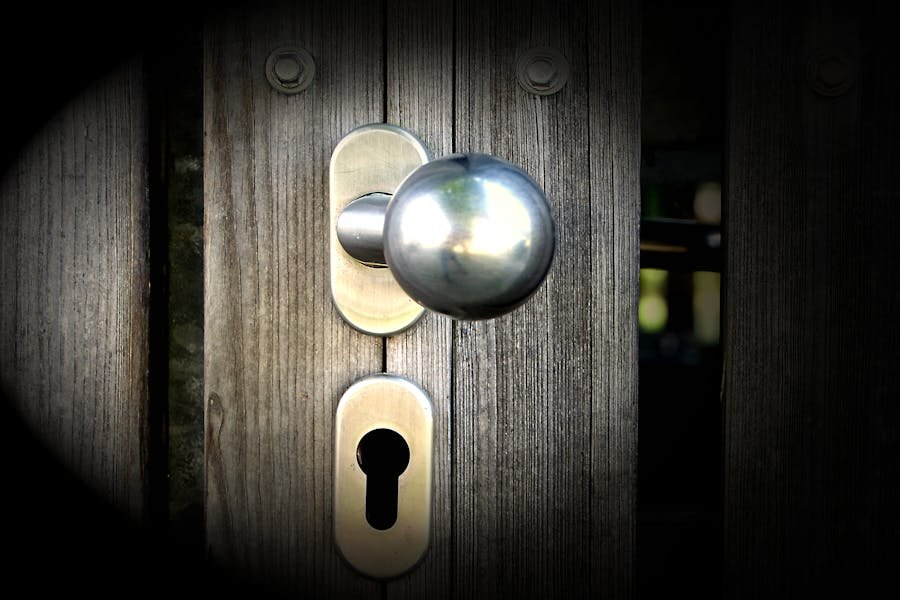
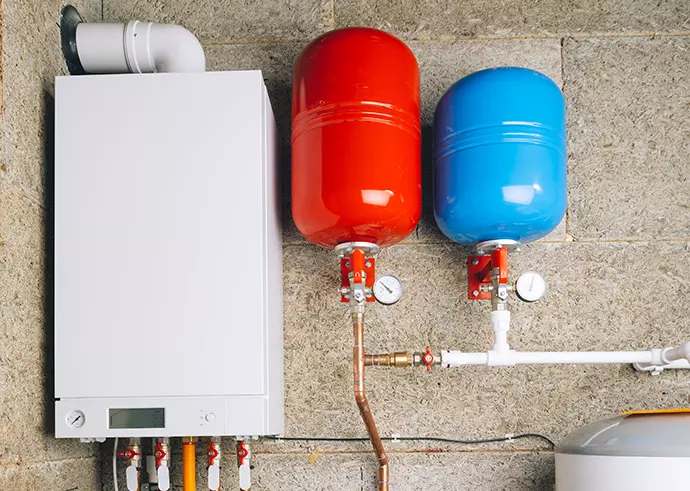
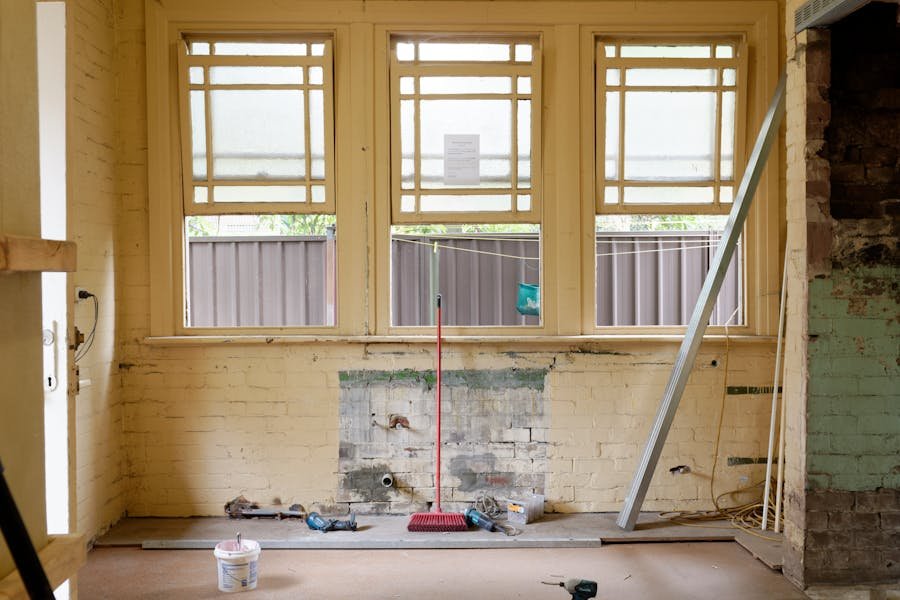
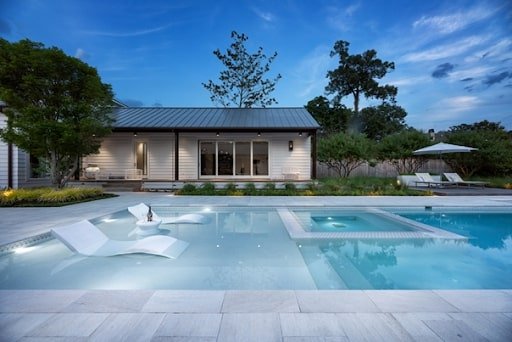
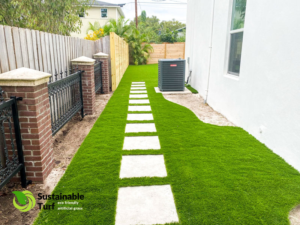
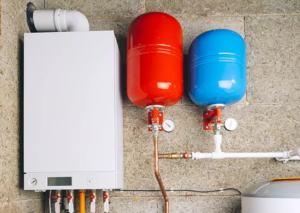

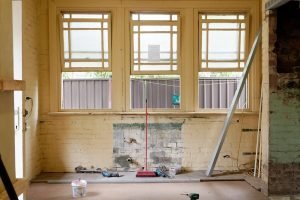
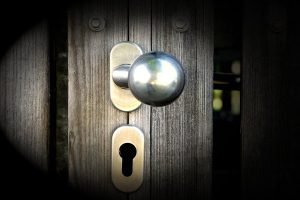


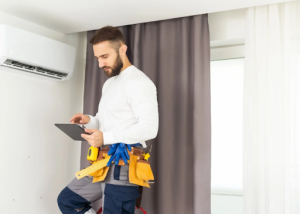

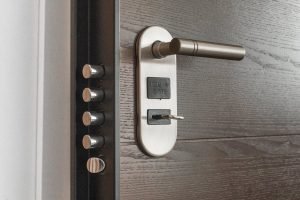
Post Comment